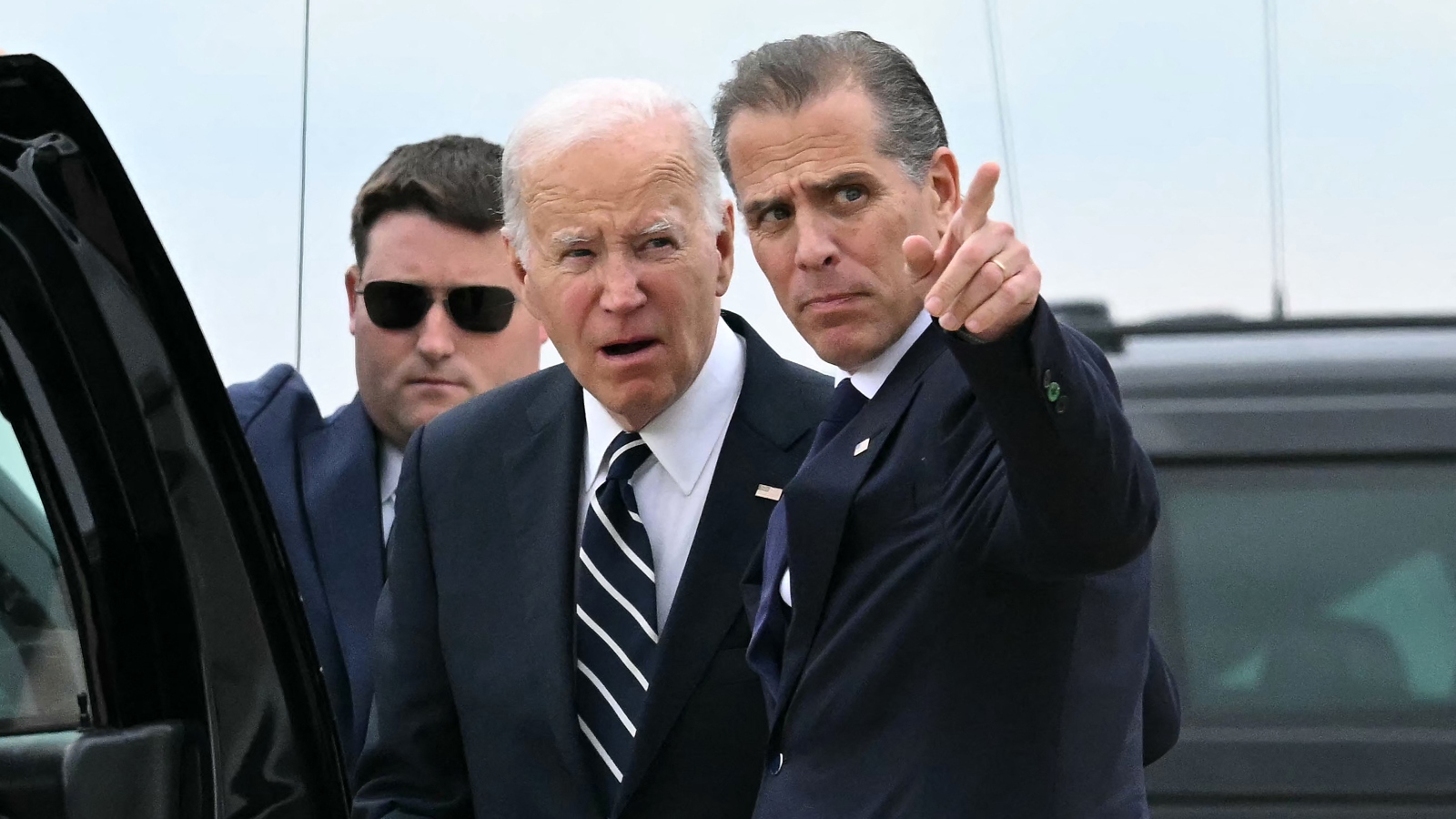Mexican National Faces Charges for Attempting to Bribe U.S. Border Patrol Agent in Shocking Incident
Explosive Revelations and Federal Crackdowns: A Comprehensive Overview of Border Security and Fiscal Accountability
Recent federal investigations have uncovered a series of troubling events at America’s southern border, highlighting not only the desperate attempts to bypass border security but also the concerning mismanagement of government funds. These incidents range from bribery attempts and violent assaults on Border Patrol agents to large-scale smuggling operations, revealing critical vulnerabilities in border enforcement. At the same time, disturbing revelations have surfaced regarding the misallocation of federal resources, including questionable contracts and loans tied to the Biden-Harris administration, raising questions about fiscal responsibility and transparency.
I. The Samuel Mendoza-Torres Case: Bribery Attempt Shakes Border Integrity
One of the most striking cases to emerge involves Samuel Mendoza-Torres, a 29-year-old Mexican national arrested for attempting to bribe a U.S. Border Patrol agent. On February 8, 2025, Mendoza-Torres offered a $400 bribe in exchange for helping him smuggle illegal immigrants across the border. This case has highlighted not only the risks of corruption within border enforcement but also the broader political implications of these systemic issues. Mendoza-Torres admitted to his involvement in assisting illegal immigrants and faces the possibility of up to 20 years in prison if convicted. His case serves as a stark reminder of the vulnerabilities within the border security system, with the potential for corruption and exploitation posing ongoing challenges to effective enforcement.
II. Violent Confrontations: The Kevin Dominguez Case
In another example of the lengths to which individuals will go to evade detection, Kevin Dominguez, a smuggler, violently assaulted a Border Patrol agent in August 2023. After being caught with an undocumented immigrant hidden in his car’s trunk, Dominguez struck the agent with his vehicle before leading authorities on a high-speed chase. The confrontation resulted in Dominguez’s conviction, and he was sentenced to 18 months in prison. This case demonstrates the dangerous and often violent tactics employed by individuals seeking to avoid the law and circumvent border security measures.
III. Smuggling Operations: Federal Crackdown in El Paso
In El Paso, federal agents recently dismantled a significant smuggling operation that had been operating under the radar. The network involved several motels in the area, which were used to house undocumented immigrants before they were transported further into the United States. Key suspects involved in this operation included Yair Alejandro Aguilar-Flores and Jesus David Reyes-Villagran, who were arrested as part of the federal crackdown. Authorities revealed a highly organized smuggling network that preyed on vulnerable individuals seeking to cross into the U.S. without authorization. If convicted, the suspects could face up to 10 years in prison. This incident exemplifies the growing sophistication of smuggling operations and the ongoing challenges law enforcement faces in curbing these illegal activities.
IV. Fiscal Mismanagement and Government Oversight
In addition to the issues surrounding border security, recent investigations by the U.S. Department of Government Efficiency (DOGE) have exposed serious mismanagement of government funds under the Biden-Harris administration. Irregularities in federal contracts and loans have raised alarm, particularly with regard to misallocated funds that were directed to questionable businesses and politically connected entities. These findings have prompted widespread criticism of the administration’s fiscal policies and sparked calls for greater transparency and accountability in government spending.
The mismanagement of funds in key areas, such as border security infrastructure and other critical services, underscores the need for comprehensive reform in both the enforcement of immigration policies and the oversight of federal expenditures. Critics argue that these funds should be redirected toward more effective and transparent programs, while supporters emphasize the importance of addressing systemic inefficiencies across government operations.
V. The Road Ahead: Addressing Vulnerabilities and Seeking Reform
These troubling revelations highlight the urgent need for reform within both border security and government spending. The corruption and violence associated with illegal border crossings, combined with the fiscal mismanagement of public funds, point to systemic flaws that continue to undermine efforts to maintain national security and promote responsible governance.
Federal authorities must address these vulnerabilities by strengthening border enforcement measures, investing in new technologies to combat smuggling, and ensuring that government contracts and spending are subject to rigorous oversight. Likewise, it is crucial to implement more effective and accountable methods for dealing with corruption and illegal activities within the border enforcement system.
As the federal government continues to crack down on these issues, it will be essential for lawmakers to work collaboratively to create comprehensive policies that both secure the nation’s borders and ensure responsible fiscal stewardship. The challenges ahead are significant, but they present an opportunity to redefine how the U.S. approaches border security and government accountability in the years to come.



